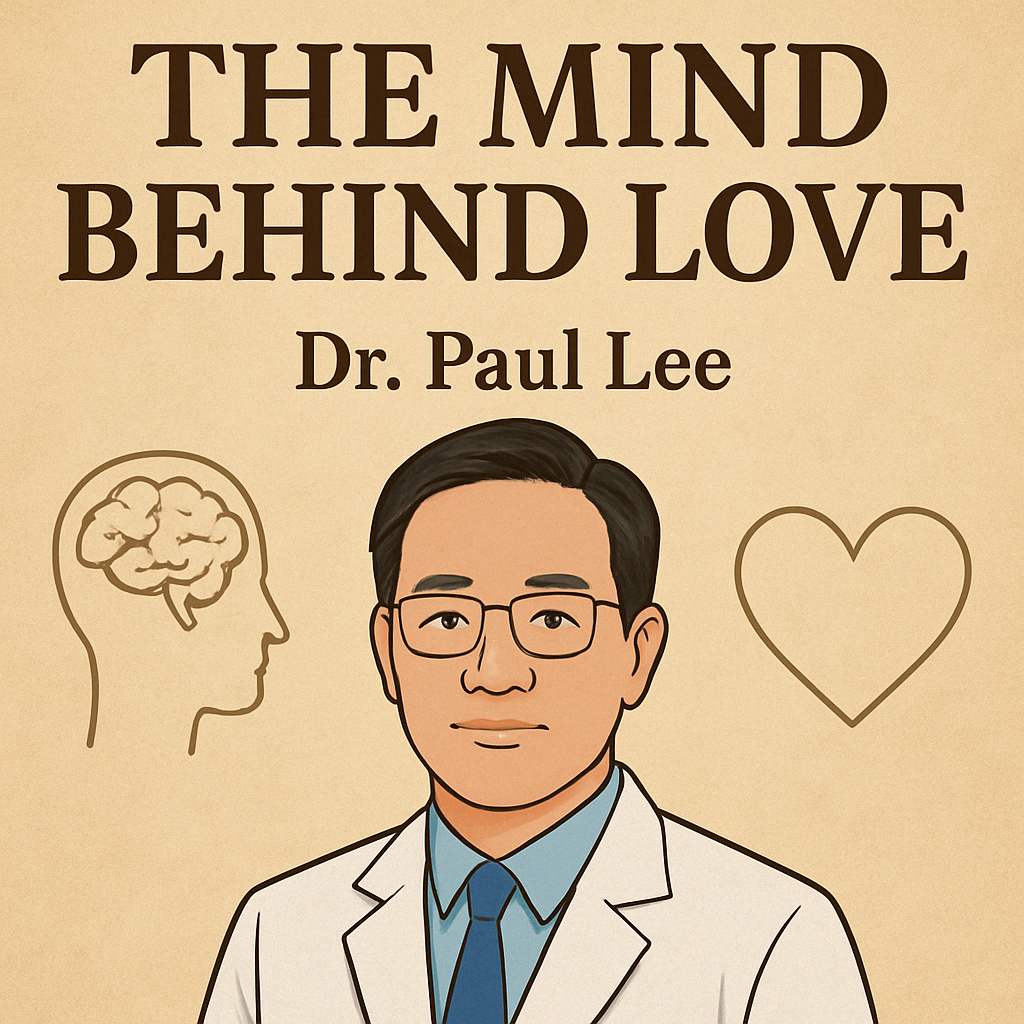티스토리 뷰
Why Saying “I Love You” Is So Hard: The Psychology of Emotional Vulnerability (Emotional Healing Series #3)
Dr. Paul Lee 2025. 4. 18. 09:10Why Saying “I Love You” Is So Hard: The Psychology of Emotional Vulnerability
“I love you.” Three simple words, yet for many, they feel heavier than a thousand. Why do some people hesitate, avoid, or even fear saying them? Is it a fear of rejection, a lack of love, or something deeper rooted in the psychology of emotional vulnerability?
In this post, Dr. Paul Lee explores the psychological barriers that make saying “I love you” so difficult for some people, even when they genuinely care. Understanding these emotional blocks can help us develop deeper, safer, and more open romantic relationships.

1. The Fear of Emotional Exposure
Saying “I love you” is not just a declaration; it’s a psychological exposure. It reveals a part of ourselves that is vulnerable, intimate, and real. For people who grew up in emotionally closed-off environments, this level of openness can feel unsafe.
From childhood, we learn how safe it is to express feelings. If affection was rarely shown or love was conditional, our brains may associate vulnerability with risk. Over time, we build emotional armor — a protective shield that prevents us from opening up.
But love requires risk. And for many, the greatest risk is not rejection, but being truly seen.
2. Attachment Styles and Love Expression
Attachment theory helps explain why people differ in their comfort levels with emotional closeness. Those with an avoidant attachment style often struggle to express feelings, including love, because they associate dependence with loss of control.
On the other hand, individuals with an anxious attachment style may say “I love you” too quickly, hoping to gain security and reassurance. The challenge arises when avoidant and anxious partners come together — one hesitates to speak love, while the other craves to hear it.
Understanding your own attachment style can offer insight into how you express or withhold love.
3. Past Wounds and the Fear of Repetition
Sometimes, people hesitate to say “I love you” not because they don’t feel it, but because of past emotional wounds. If a previous relationship ended after becoming emotionally vulnerable, the brain may associate love expression with pain or loss.
This is a form of emotional conditioning. The mind, in an effort to protect us, says: “Last time you said this, it hurt. Don’t do it again.” The intention is safety, but the result is emotional distance and miscommunication.
To move past this, emotional healing is essential. New love can’t grow in the soil of old pain.
4. The Pressure of Perfection
In a world where love is idealized in movies, social media, and even songs, saying “I love you” can feel like a monumental event. People worry about timing, reciprocity, and whether it will “ruin the moment.”
But love, at its core, is not about performance. It’s about presence. Letting go of the need for the “perfect time” can help us reconnect with the simple truth of how we feel.
There is no perfect way to say “I love you,” but saying it with honesty and kindness is always enough.
Conclusion: Love Grows Where Safety Lives
If someone struggles to say “I love you,” it doesn't mean they love less. It often means they feel more — and are afraid of what that means. Emotional vulnerability is a learned skill, not a personality trait.
Building emotional safety within relationships can make expressing love easier over time. When love is met with acceptance rather than expectation, words begin to flow more freely.
Because in the end, love isn’t just something we say — it’s something we make feel safe to share.
Written by Dr. Paul Lee
Founder of The Mind Behind Love
'Emotional Healing' 카테고리의 다른 글
- Total
- Today
- Yesterday
- selfworthinlove
- relationshippatterns
- traumabonding
- attachmenthealing
- lowselfworth
- bodylanguagecues
- emotionallyunavailable
- emotionalhealing
- peoplepleasing
- anxiousattachment
- attachmentwounds
- HealingJourney
- bodylanguageinsight
- selfworth
- attachmentstyle
- mentalhealth
- lovepsychology
- themindbehindlove
- fearofintimacy
- drpaullee
| 일 | 월 | 화 | 수 | 목 | 금 | 토 |
|---|---|---|---|---|---|---|
| 1 | 2 | 3 | 4 | 5 | 6 | 7 |
| 8 | 9 | 10 | 11 | 12 | 13 | 14 |
| 15 | 16 | 17 | 18 | 19 | 20 | 21 |
| 22 | 23 | 24 | 25 | 26 | 27 | 28 |

